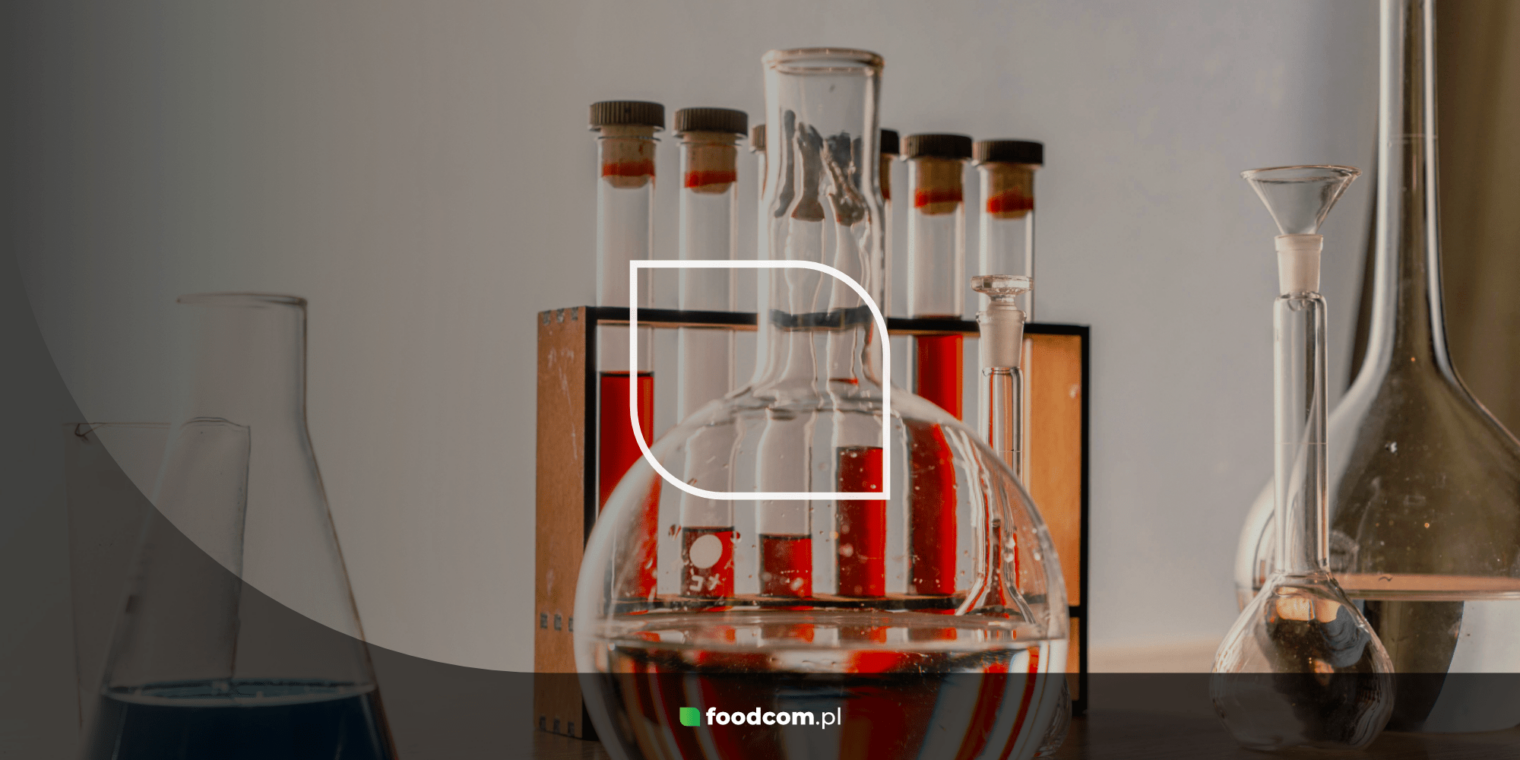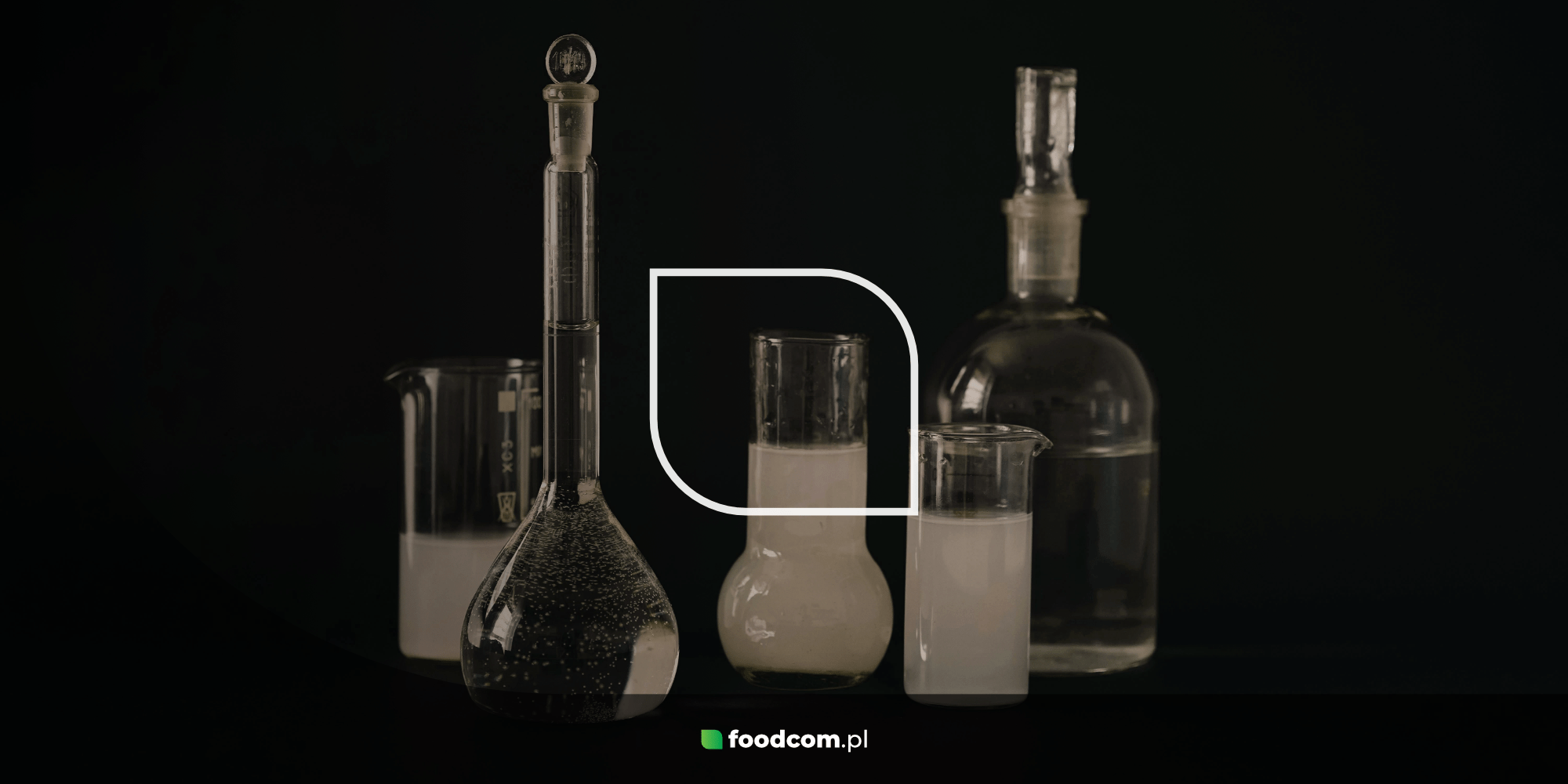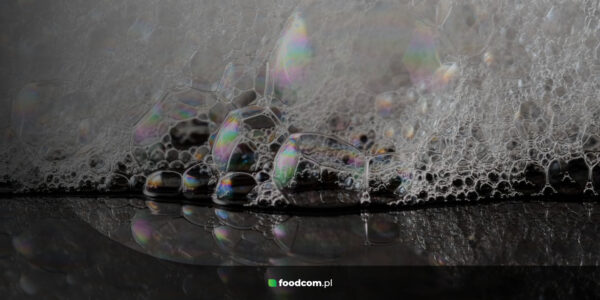- Solvents are versatile chemicals used in industry, pharmaceuticals, cosmetics, construction and everyday life.
- They can be polar (dissolving polar substances) or non-polar (dissolving non-polar substances), which determines their use.
- They perform key functions as carriers of active substances, cleaning agents and medium for chemical reactions.
- The solvent market is evolving towards more eco-friendly and biodegradable solutions.
Solvents are chemicals that play an important role not only in many industries, but also in everyday life. Their variety and versatile applications make them an indispensable element in chemical, pharmaceutical and cosmetic processes, as well as in the food and construction industries. Learn about the different types of solvents, their most important functions and importance in the market.
What are solvents?
Solvents are substances capable of dissolving other chemicals to form homogeneous mixtures called solutions. They can exist in various states of matter, but are most commonly found in liquid form. Solvents in the form of gases are also often used in industry, such as supercritical carbon dioxide, which is used, for example, to extract caffeine from coffee beans.
The main characteristics of solvents are their ability to dissolve other compounds, their volatility and their polarity, which determines their chemical properties and applications. The process of dissolution involves interactions between the molecules of the solvent and the solute, as a result of which the substance undergoes dispersion, that is, dispersion at the molecular level.
How can we describe a solvent? Key features
The ability to dissolve depends on the chemical compatibility between the solvent and the solute, defined by the “like dissolves like” principle. This means that polar solvents effectively dissolve polar compounds, such as salts or alcohols, while non-polar solvents dissolve non-polar substances, including fats or oils.
Polar solvents, such as water, have molecules with a distinct electrical charge division, which allows them to interact with other polar substances. Non-polar solvents, on the other hand, such as hexane or gasoline have uniform charge distribution and are ideal for dissolving fats, waxes and other non-polar compounds.
Solvents can also be defined by their volatility, or ability to evaporate quickly, an important characteristic in many industrial and laboratory processes. For example, the manufacture of paints and varnishes uses solvents that evaporate after the coating is applied, leaving a permanent film on the surface. High volatility is also very important in formulating cleaning agents, allowing them to evaporate quickly after use. In many industrial processes, the solvent not only acts as a medium, but also participates in chemical reactions.
Types of solvents
Solvents can be divided into organic and inorganic, depending on their chemical properties.
Organic solvents
Organic solvents contain carbon atoms in their chemical structure. They are widely used in the chemical, pharmaceutical and cosmetic industries. The most important examples are:
- ethanol – used in pharmaceuticals, cosmetics and the food industry,
- acetone – used in the manufacture of paints, varnishes and as a cleaning agent,
- toluene – used in the rubber industry and in the production of paints.
Polar solvents
Polar solvents have a high dipole moment, which means they are capable of dissolving polar substances such as salts, acids or bases. An example of a typical polar solvent is water, called the “universal solvent” because of its ability to dissolve many chemicals.
Non-polar solvents
Non-polar solvents are characterized by the absence of a dipole moment, which makes them best at dissolving non-polar substances such as oils and fats. This group includes, among others, extraction gasoline used in the petrochemical industry or hexane – used in vegetable oil extraction processes.
The high diversity makes solvents an indispensable part of many industries, from the manufacture of paints and adhesives to food processing and pharmaceuticals.
Functions of solvents
Solvents perform many functions in various technological processes. They are used as:
- carrier of active substances – in pharmacy and cosmetics,
- cleaning agent – in industry and households,
- a medium for chemical reactions – in the chemical industry, enabling the proper course of the reaction,
- substances for extraction and separation – in production processes, such as the extraction of vegetable oils.
The use of solvents in industry and everyday life
Solvents are ubiquitous in industry. In construction, they are used to make paints, varnishes and adhesives. In pharmacy, they serve as the base for drugs in the form of syrups or solutions for injection. And in the food sector, they are used as a flavor carrier or preservative.
In chemical, biological and analytical laboratories, they are essential for chemical reactions, compound extraction, sample purification or substance dilution. In instrumental analysis, for example in chromatography, they enable separation and identification of components of mixtures. Thanks to their physicochemical properties, such as their polarity or ability to dissolve a variety of substances, they are essential tools in scientific research and quality control.
The global solvent market is growing steadily, driven by increasing demand in the industrial and consumer sectors. Increasing environmental awareness is driving the development of environmentally friendly solvents – biodegradable and based on renewable raw materials.
Foodcom S.A. on the solvent market
Foodcom S.A. is one of the leaders in providing solutions for industrial chemicals, including solvents. We offer a wide range of products that are used in various industries, while taking care to meet the highest quality standards.
Solvents are an important part of today’s industrial processes. Their diversity makes them an indispensable element in the chemical, pharmaceutical, construction and food industries, and the development of innovative and ecological solutions in this field shows that the future of solvents is linked not only to their efficiency, but also to environmental concerns.













